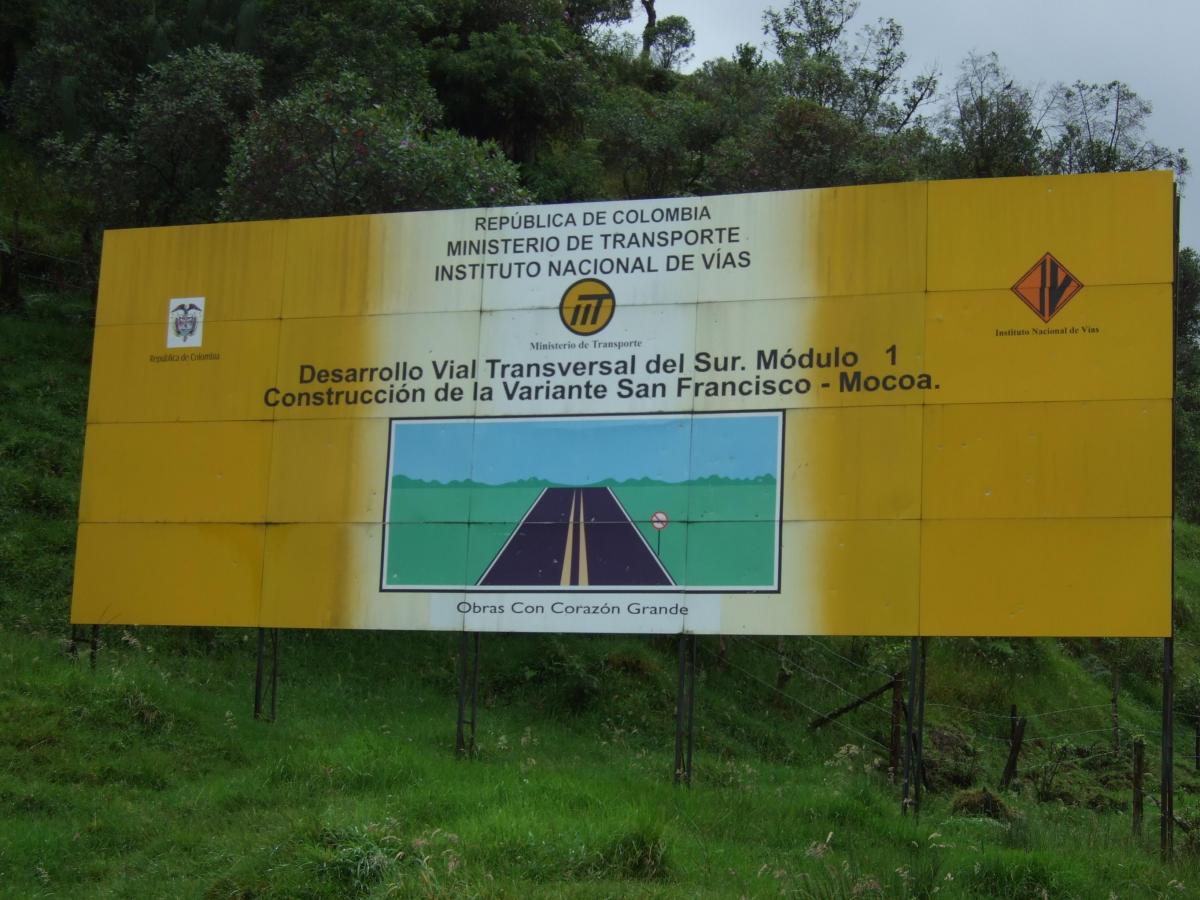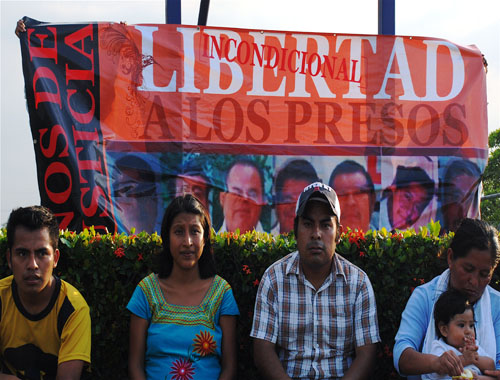Features
SYRIA: IT'S STILL A REVOLUTION, MY FRIENDS

by Mohja Kahf, Fellowship of Reconciliation
No matter what your position on the potential US strikes on Syria (I'm against), all I ask is, DON'T be a hater who denies the existence of the grassroots youth who began the Syrian revolution out of hope for real freedom and out of their rising expectation for real change, hope that had nearly died in the fifty-year police state that has ruled Syria. Try to remember to have some compassion for a Syrian who might be in the vicinity, before you mouth off in the abstract on the issue; we face news every day of our friends and our relatives being killed and imprisoned. Take time to get to know about a few of them, the Syrian rev youth activists who started it all, in hundreds of towns across Syria, before you speak about Syria based on what happened in Iraq or Lebanon or Country X.
SOLIDARITY BETRAYED
How Sections of the Left Came to Abandon Syria
by Martin Pravda, International Socialist Network, UK
On the same day as it was announced that the ousted Egyptian dictator Hosni Mubarak will be released from prison following the massacres of hundreds of supporters of the Muslim Brotherhood, reports circulated that the Syrian regime under the dictatorship of Bashar al-Assad had embarked on a chemical attack on its population. Disturbing footage quickly emerged of hundreds of dead and dying people in the opposition-controlled area of Ghouta just outside of Damascus. Images of some of the bodies showed skin turning yellow with visible white foaming at the mouth, proving the reports to be accurate. As the hours went on it emerged that over a thousand people had died as a result of being gassed. This was immediately broadcast across Western media outlets as international pressure once again built up against the regime.
REVOLUTIONARY EGYPT
The Worst of Times, the Best of Times…
by Matt Meyer, New Clear Vision
There is a reason why so many internationalists have had hard times writing clearly about Egypt since the end of June 2013. There is a reason why in English the words "it was the best of times, it was the worst of times" resonates so. The cultural chasms and the political complexity of Egypt's ongoing revolutionary moments will not lend themselves easily to short statements or translated sound bites... but we remain distant from, or dispassionate about these events at our own grave peril. Nothing less than our collective, twenty-first century understandings of such terms as "democracy," "revolution," and "violence/nonviolence" are being forged on the streets of Egypt today.
HISTORY REWRITTEN
Egypt's Battle Over Narratives
by Ahmed Kadry, openDemocracy
CAIRO — Egypt has been blown in various different political and ideological directions for over two and a half years. Yet, despite these tumultuous changes in its ever-complicated political paradigm, the date of January 25 2011 seemed forever immune to whatever was happening in the present, the undisputed start date of Egypt's glorious, peaceful revolution—until now.
The ouster of President Mohamed Morsi on July 3 sent events in Egypt into overdrive, and for the first time, the narrative of the January 25 Revolution finds itself under suspicion. The revolution was revered as a demographically inclusive movement against tyranny and corruption—against continued nepotism and social injustice—a refusal to allow Egypt to continue to be governed as if it were one man's personal fiefdom.
Yet, for the first time, under the auspices of General Abdel Fattah El Sisi, the head of Egypt's military and the country's most powerful man, the narrative on January 25 has begun to be mixed in with the restrictive and biased binaries that currently plague Egyptian politics and its domestic life alike.
MILITARY SEEKS EGYPTIAN THERMIDOR
by Kevin Anderson, International Marxist Humanists
On August 14, 2013, Egypt's military-police apparatus stormed two largely peaceful encampments of the Muslim Brotherhood, using live ammunition and armed bulldozers to kill thousands and injure many thousands more. On that horrific day, the entire revolutionary process that began in 2011 reached a crisis point, one that held the possibility of its unraveling in the face of outright counter-revolution.
The military's desire to move the country back toward the iron dictatorship of the Mubarak era was troubling enough, but what made August 14 a tragedy in the deepest sense was that they seemed, at least for the moment, to enjoy the support not only of Mubarak loyalists, but also many elements of the revolutionary and democratic movements that traced their origin to the non-Islamist wings of the 2011 revolution. This was especially true of Egyptian liberals.
ROAD WARS OF COLOMBIAN AMAZONIA
Indigenous People Protest Highway Through Ancestral Territory
from Preorg.org
Young people in the Valle de Sibundoy, Colombia, are campaigning against a road to Brazil that cuts through their territory, including an ancient pathway used by their ancestors.
"Our worry as indigenous people is that this project was not agreed with the people. There was no prior consultation, they don't have our permission. This is our ancestral territory and they are bringing disequilibrium," said Carlos Jamioy, of the Camentsa people of the Valle de Sibundoy, Putumayo.
The valley in southern Colombia is home to two closely allied indigenous groups, the Inga and Camentsa. Their traditional territory was granted to them in an old colonial title no longer recognized by the government. Now the Colombian government is building a road through their territory, from San Francisco to Mocoa, as part of a transport route to Brazil.
"They are making the road in a place where our ancestors walked, in a sacred path. It was a path we used to exchange goods with other peoples. We would share thought, identity, work, education," said Carlos.
MEXICO'S DRUG WAR PRISON BOOM
Indigenous Oaxacan Political Prisoners in Private Facilities

by Kristin Bricker and Santiago Navarro, Upside Down World
After spending nearly 17 years in the same prison cell just outside of Oaxaca City, seven indigenous Loxicha political prisoners were transferred in June—twice. The transfers, which enraged and frightened their families and supporters, were part of a nationwide shuffle of existing prisoners to fill beds at newly opened facilities that were financed by Mexican and United States drug war money.
The prisoners, Agustín Luna Valencia, Eleuterio Hernández Garcia, Fortino Enriquez Hernández, Justino Hernández José, Abraham Garcia Ramirez, Zacarias Pascual Garcia López, and Alvaro Sebastián Ramirez, are Zapotec indigenous men from Oaxaca's Loxicha region, one of the state's poorest and most marginalized. The seven Loxichas are accused of participating in the Aug. 29, 1996, Popular Revolutionary Army (EPR) uprising in la Crucecita, Oaxaca, in which 11 government agents were killed. The indigenous men say they were tortured into signing hundreds of pages of blank paper that were later filled in with confessions. The Loxichas were convicted of murder (of the federal agents), terrorism, and conspiracy, and they were sentenced to up to 31 years in prison.
EGYPT: REVOLUTIONARIES PUSH OUT ISLAMISTS
But Face Another Round of Military Rule
by Kevin Anderson, International Marxist Humanists
June 30, 2013 saw the largest revolutionary popular mobilization in Egyptian history. On that day, up to 17 million people took to the streets across the country to demand the resignation of the Muslim Brotherhood government of Mohammed Morsi. (This mass outpouring surpassed even those during the 2011 revolution that toppled the Mubarak regime.) Two days later, on July 2, the Egyptian military deposed Morsi, with General Abdel Fattah al-Sisi claiming to have carried out the people's will, and, as the military did in 2011, promising democracy and free elections.
The fact that these events unseated a president elected just over a year ago worried many democracy supporters, whether liberal or socialist. But most seemed to conclude that revolutions are inherently "illegal," and that the popular will of a mobilized people trumped a narrow victory at the ballot box and an Islamist constitution that had been rammed down the throats of the citizens.















Recent Updates
18 hours 45 min ago
3 days 18 hours ago
3 days 19 hours ago
3 days 23 hours ago
4 days 22 min ago
4 days 17 hours ago
4 days 17 hours ago
6 days 2 hours ago
6 days 16 hours ago
6 days 17 hours ago